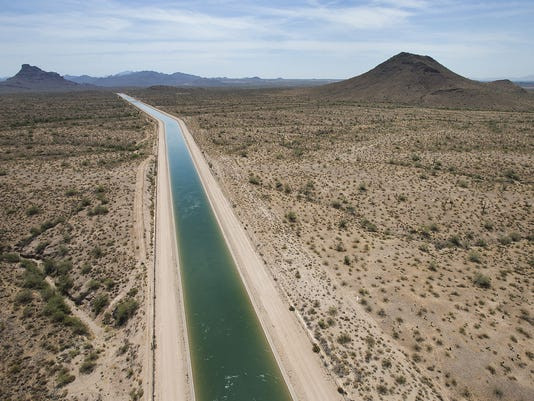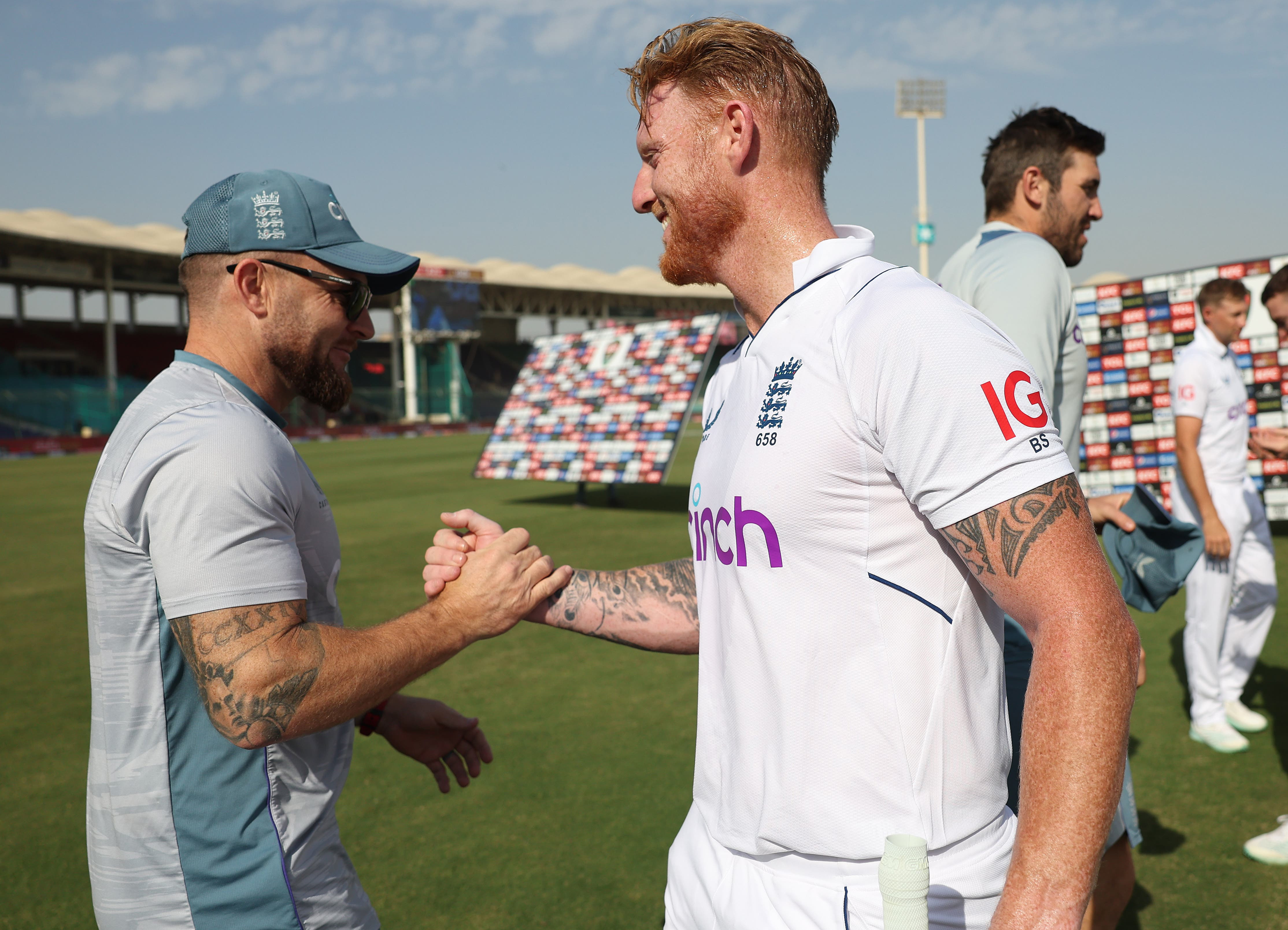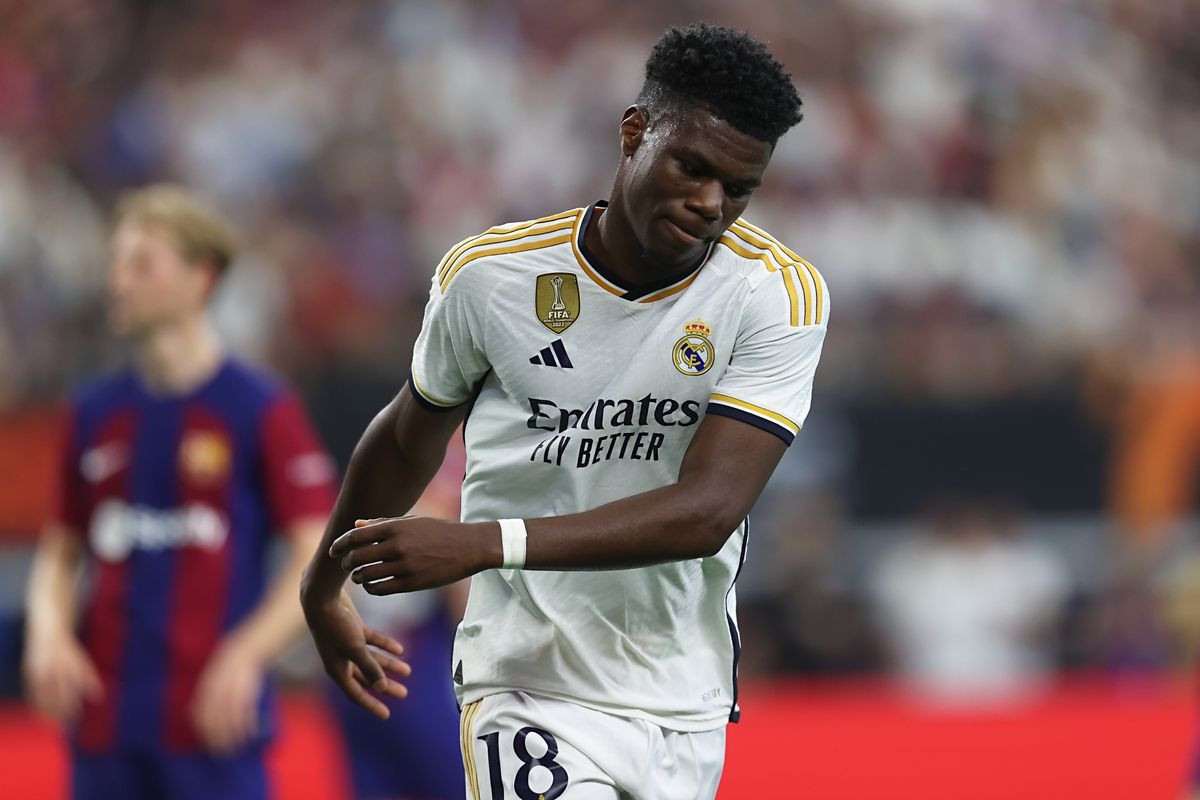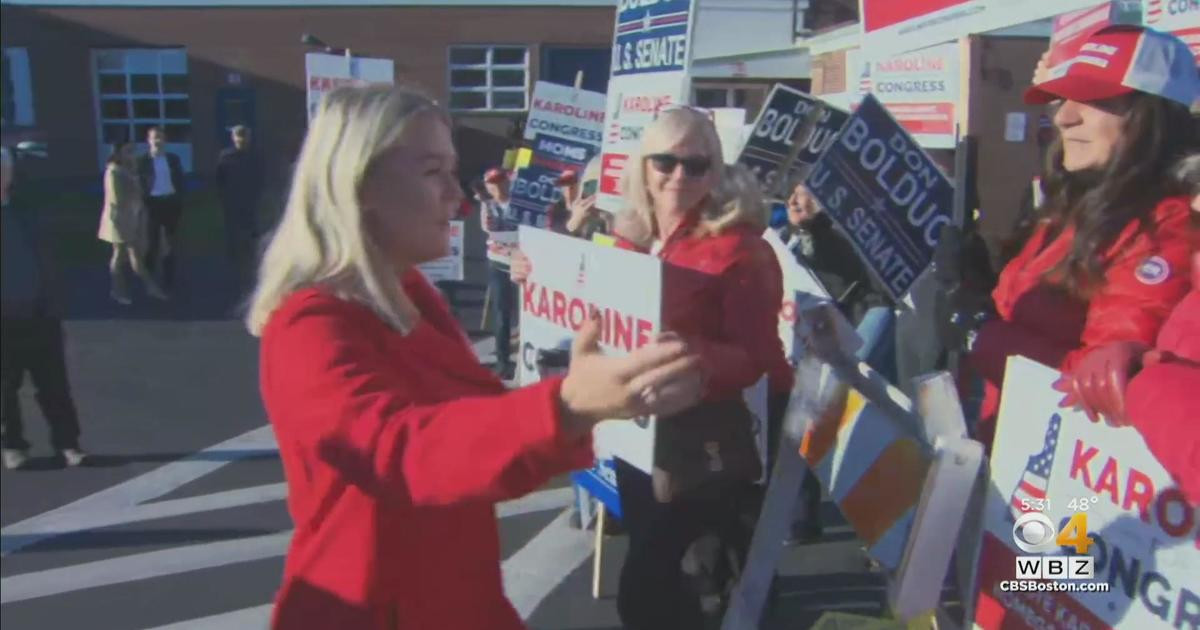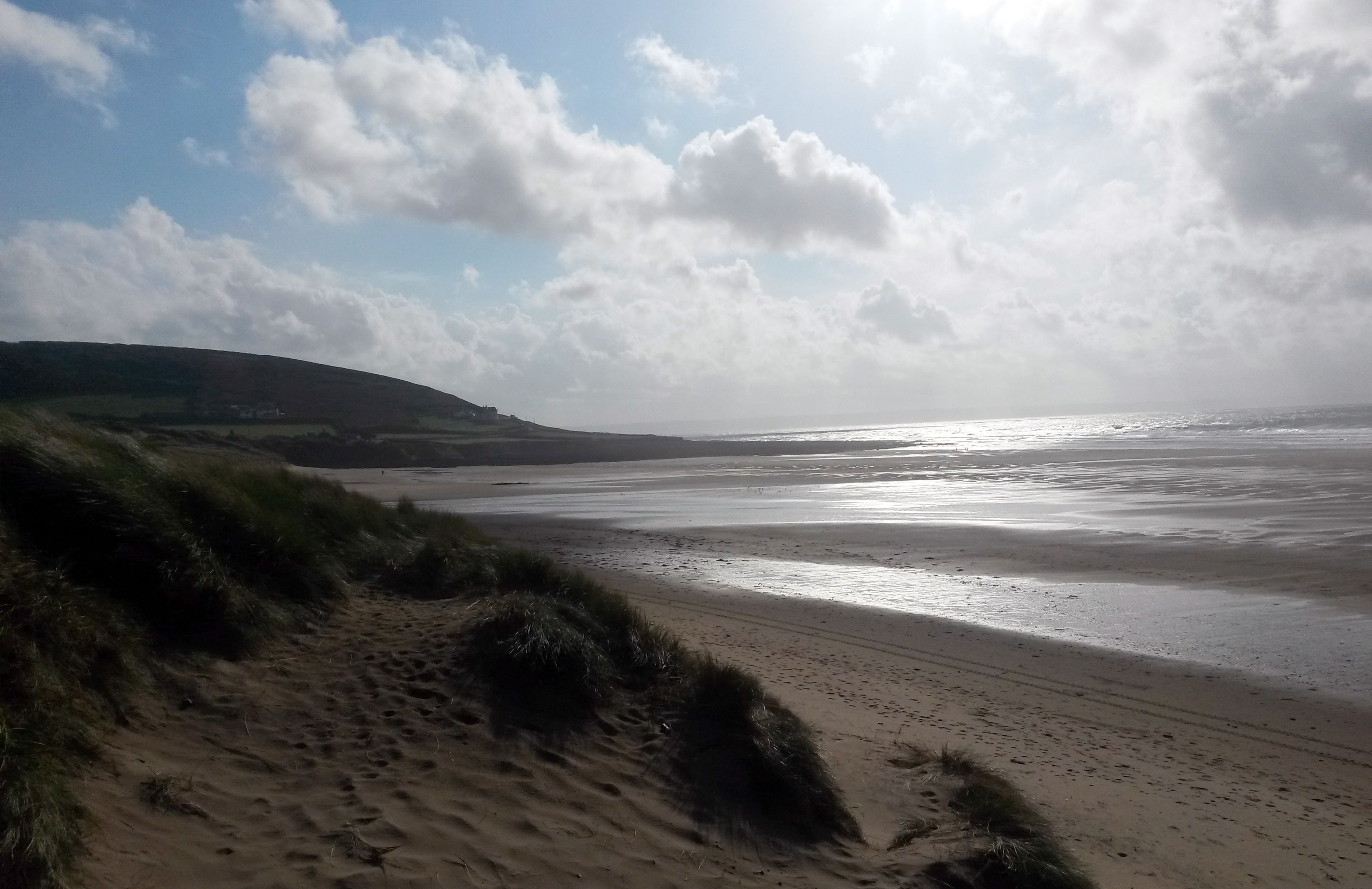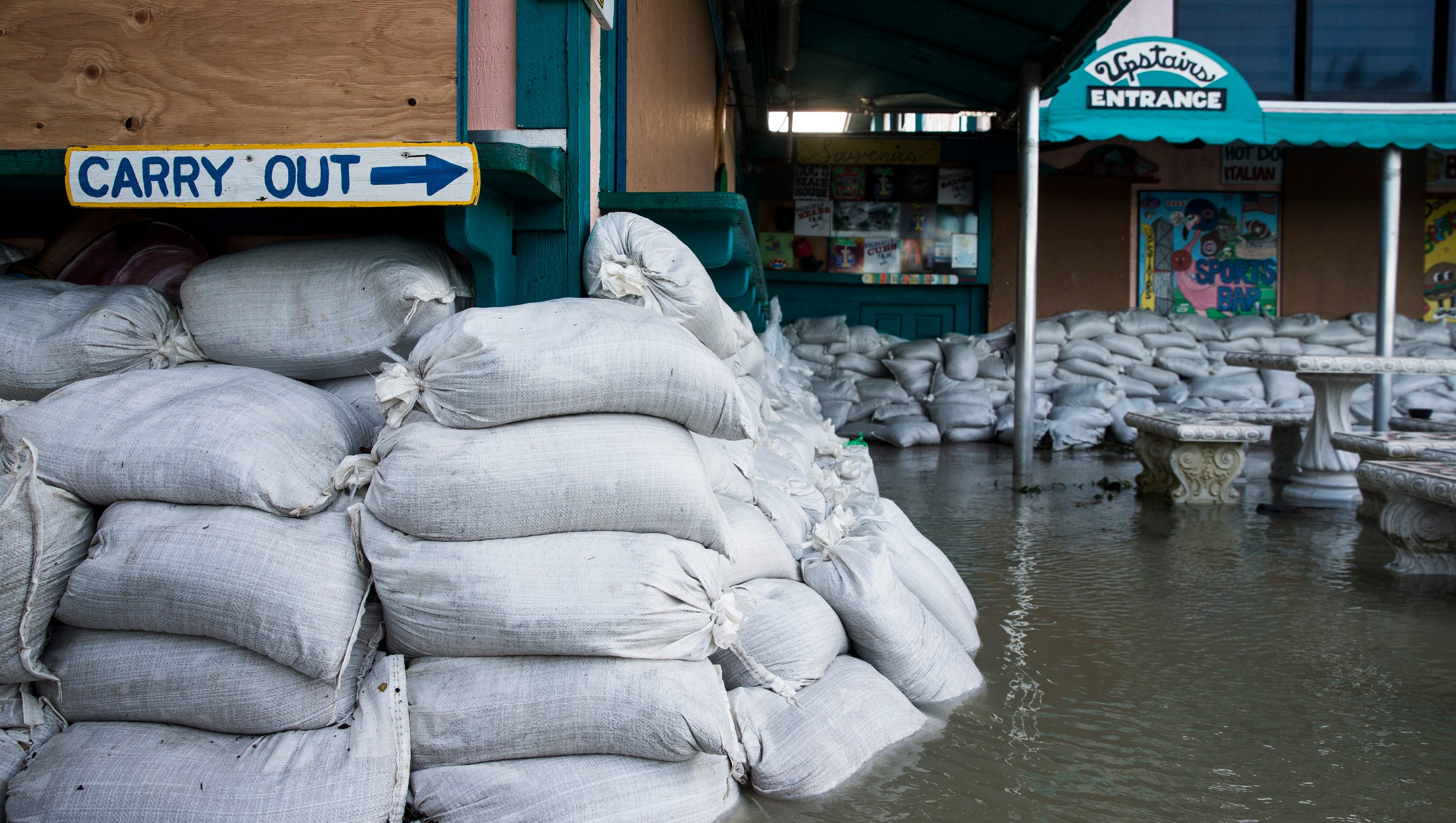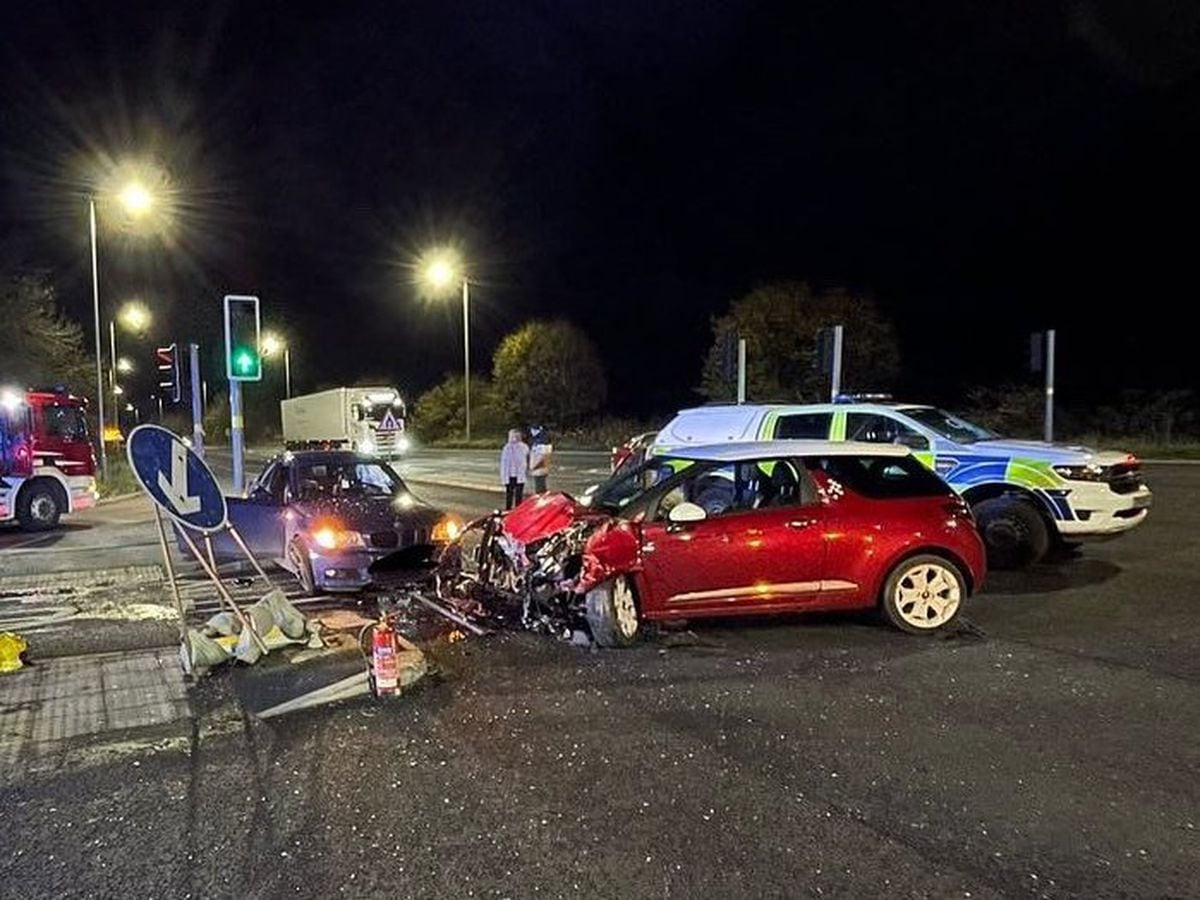The “conference of the parties” (Cops) are the only global mechanism to negotiate new measures to address the climate crisis, and to review progress on curbing carbon emissions and temperature rise under the terms of the Paris Agreement.
Mr Ryan said if a general election was called for that time, it would not undermine his Cop29 role in Baku, as he is not standing for re-election and would be a caretaker minister. “The role working with the UN fits in,” he added.
Having attended 10 Cops, including the three most recent where he was part of the lead EU negotiating team, he believes he would be asked because of this experience.
“The adaptation brief is significant. It’s fundamentally connected to finance; what’s needed more than anything else,” he added. This is especially the case for small island developing states and other developing countries “who don’t have the financial ability to build resilience”.
His fellow co-facilitator will be from a developing country, while they will have to engage in intense pre-Cop discussions with governments, the Cop29 presidency and key economic blocs including G7 countries and the African Union.
A breakthrough on climate finance was needed by bringing it to the political stage, he said. “People recognise the challenge but agreement will be difficult… Ireland’s position can be a bridging position between the Global North and the Global South. We have a lot of credibility.”
Wealthy countries promised to deliver €100 billion a year in 2020 but that was delivered two years late.
A mosaic of new funding was required, such as from private sources, the insurance sector and philanthropy – backed by reform of the global financial system, the Minister said.
He expected Ireland’s climate finance contribution would be doubled, following another increase in Budget 2025 next week.
Mr Ryan said he had no problem talking with the Azerbaijani government, which presides over a petrostate. If that was an issue, he could not enter discussions with the US and Brazil, two of the world’s largest producers of fossil fuels.
But shifting €800 billion a year in fossil fuel subsidies, and ensuring at least half of that supported clean energy by 2030, “has to be part of the deal”.
EAMON RYAN IS nervous going into this week’s United Nations General Assembly in New York.
As Climate Minister, Ryan is there to represent Ireland alongside Michael D. Higgins, Simon Harris and Micheál Martin.
From his perspective, the week is a precursor to COP29 (the UN’s climate change conference), which will be held in Azerbaijan this November.
Ryan explained he is nervous that enough progress won’t be made this year, but he’s hopeful that last year’s efforts can be built on.
It’s understood the minister will be appointed to a senior role at this year’s COP, playing a key role in negotiations.
However, Ryan made the point that there is so much happening in the world at the moment that can derail climate progress, pointing to the political uncertainty ahead of the election in the US as one concern.
When asked what another Donald Trump presidency would mean for climate, Ryan responded:
“There are certain gold rules if you’re in government, we don’t comment on other elections.
“There are plenty of people who can run the commentary on what a Donald Trump presidency will be. People can imagine what my views would be,” he added.
What about our own election, does Ryan expect the Green Party to be back in government?
“I really hope so,” Ryan said.
In particular, he fears progress made over the last four years in public transport would be reversed if either Fianna Fáil or Fine Gael remain in government without the balance of the Green Party.
“Not to be overly critical of my colleagues, but I think they themselves would recognise that with the Green Party element in government, you get much more ambitious action on climate. You get much more ambitious action on nature,” Ryan said, adding that he believes both parties would also reverse progress made with retrofitting and with nature restoration.
After 13 years as leader of the Green Party, Ryan’s resignation in June of this year came as a surprise to many.
The leadership contest that followed resulted in TD Roderic O’Gorman taking the reins of the party, beating Senator Pippa Hackett with a slim 52% majority.
Ryan told The Journal that he was “happy either way” with either candidate succeeding him and that he’s now happy to follow O’Gorman’s lead on coalition negotiations, after the election.
On the timing of the election, he maintained the government will be going full term but added there “isn’t much of a difference at this stage” whether it is “November or February or March”.
Health of the Green Party
Last week, it was announced that well-known climate activist and former Green Party councillor Sadbh O’Neill, is to seek the Labour Party nomination to stand in the next general election in the Waterford constituency.
If selected by Labour, O’Neill will be going head to head with Green Party TD Marc Ó Cathasaigh.
When asked if O’Neill’s decision to move to the Labour Party reflects poorly on his party, Ryan said it doesn’t.
“I wish Sadbh well, I’ve the highest regard for her,” Ryan said.
“There wasn’t an opening in the Greens, because we have a sitting TD so that may have influenced her decision…I don’t think it really says much about the Green Party,” he added.
Ahead of the Budget, Ryan’s priority is getting an outline in place for how the Climate and Nature fund will be spent.
The €3bn fund was established by Ryan as part of last year’s Budget to pay for climate action and nature restoration projects, but its contents cannot be spent until 2026.
He’s hopeful that the fund will be used expand public transport services as well as help transform heating systems for homes, businesses and public buildings like schools and hospitals.
“No one can paint the world as a pretty picture at the moment, but there are positive signs,” Ryan said.
He pointed to the “phenomenal” change solar power has been for our energy system, and the fact we managed to get through the energy crisis that resulted from Russia’s war in Ukraine, as two examples of these positive signs.
“It showed the ability to manage crises in a way. So it’s not all impossible. If you felt it was impossible, you would give up, but you can’t.”
———
This article is part of Policy Matters, a series from The Journal that takes a deep dive into the ideas and solutions proposed by Ireland’s politicians on some of the biggest issues of the day.
As part of the series, The Journal sits down with different spokespeople from across Ireland’s political parties to take a deeper look at what they believe needs to be done across areas like housing, health, the environment and childcare.
Last time, we caught up with Labour Party Senator and spokesperson on employment affairs, Marie Sherlock to talk about the argument for bringing waste collection back under public control.
You can read past articles in this series here.




